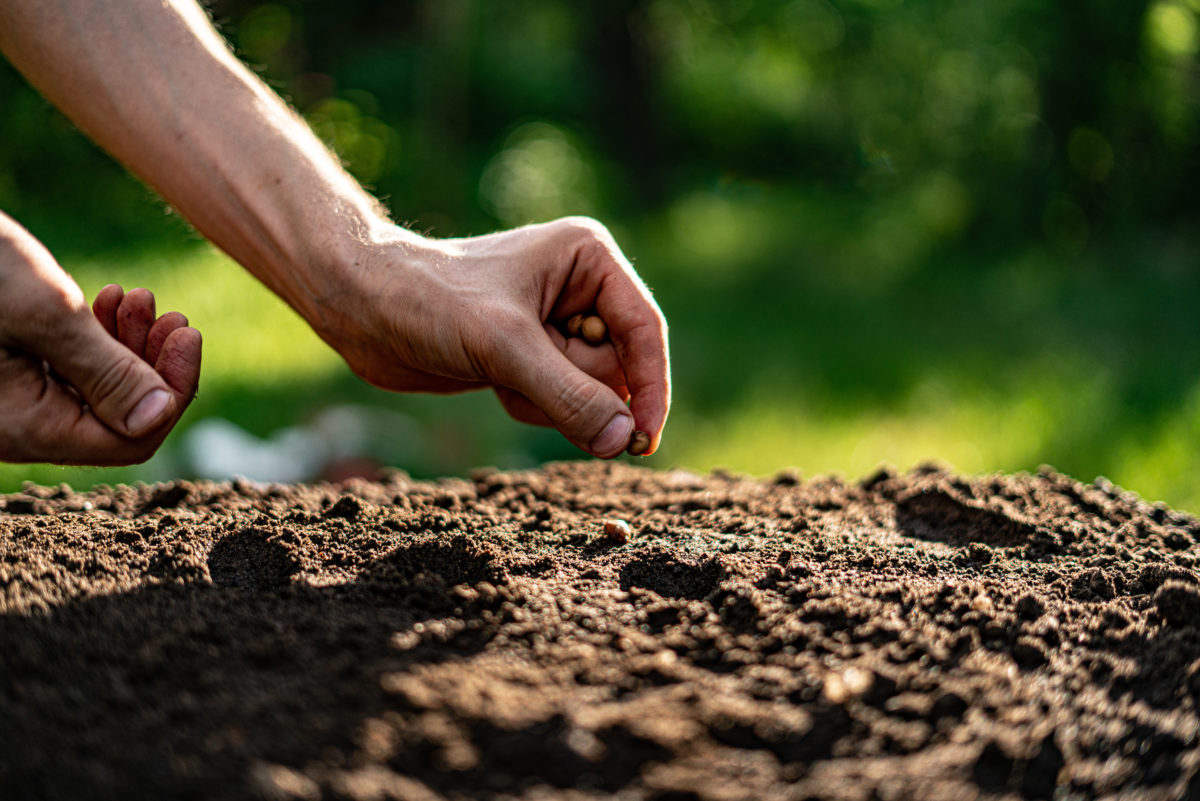From dirt to shirt and seed to shelf, The Seam acknowledges that traceability and transparency in agriculture production is essential to each step in the value chain.
With innovations in agtech and the implementation and adoption of data standards throughout the supply chain, consumers are now able to trace the source of the agricultural products they purchase providing assurance through digital accountability. Technology has become more accessible, capable and affordable, which lowers the barrier to entry for operations to embrace digitization that will ultimately convey their story of continuous improvement in sustainable farming.
WHAT IS SUSTAINABLE AGRICULTURE?
Essentially, it is the ability to produce enough agricultural products to meet present needs without endangering the environment, public health or economic profitability. If food and ag products are not produced with care, future generations of farming will be at risk. The big idea behind sustainable farming is to minimize one’s environmental footprint and enforce good stewardship of the land and natural resources.
To accomplish such a lofty goal, leaders in agriculture continue to develop more ecological solutions in production and trade. Unlike industrialized farming, sustainable farms utilize methods such as crop rotation, pasture-raised livestock, conservative tilling and precision agriculture to assure that the environment is protected, and the process is as natural as possible.
If one part of the production process is not performed using sustainable practices, the entire supply chain is at risk. From planting to harvesting and ginning to classing – or shelling to warehousing – each component of agriculture production must follow specific practices for the end result to be considered more sustainable.
THE IMPORTANCE OF SUSTAINABLE PRACTICES
There are many innovative solutions in agtech that work in concert to enhance sustainable farming. From evaluating soil health to managing water infrastructure, technology provides the tools that help maintain healthy yields with more precision and efficiency. Drones and other equipment are now able to conduct data analyses, and GPS-enabled tractors help plant crops more precisely and efficiently. Technology allows farmers to streamline their processes and care for the environment during production.
The importance of upholding sustainable agricultural practices comes down to simply caring for the environment. No matter what crop you’re farming, sustainable practices facilitate economic profitability and create social and communal equity. Small decisions lead to large improvements in farming practices, and technology forges the undiscovered path that leads to worldwide solutions. While the journey is still in its adolescence, developments in agritech are already cultivating better crops and building a more sustainable future.
In our data-driven landscape where consumers can compare products and make informed decisions about their food and clothing purchases, we can expect to see an explosive growth in technologies that advance traceability, transparency and agriculture sustainability.

